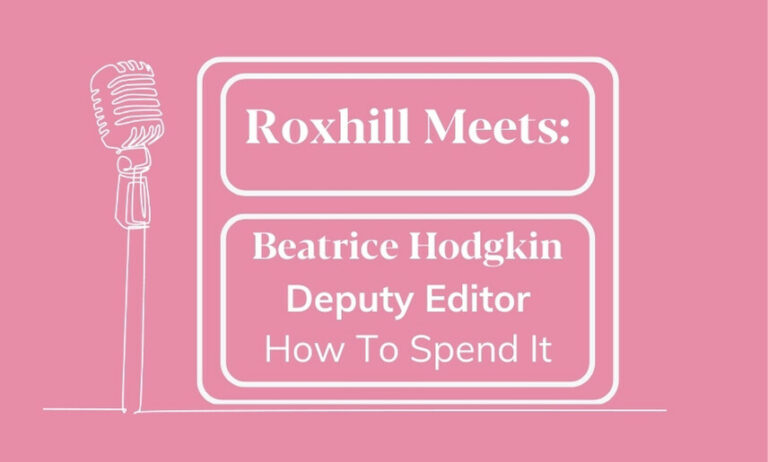
What works when it comes to wellness
Today, so much of what we deem central to our culture may be skewed by algorithms, but way beyond my own Insta feed filled with health hacks that I save and share, I’m seeing a hunger for ultra-healthy living.
Wellness is central to our line of work, of course: The Boots Beauty Trends Report I recently received reiterates that the connection between beauty and health is booming, with ‘Zenthusiasts’ prioritising their wellbeing above all. Elsewhere, facialists and skin doctors keep schooling me on an anti-inflammatory lifestyle for complexion perfection; celebrities fronting beauty brands rave about cold water therapy, wearables, journaling, breathwork and brain training; while some 200+ emails in my inbox speak to the benefits of supplements for longevity. Even since this time last year, the conversation has evolved greatly.
With all this in mind, I thought it was worth sharing what health and wellbeing stories perform well (or not) when I write about them for Harper’s Bazaar.
They tend to have some characteristics in common. Firstly, they’re niche. The most-read feature on the website’s Beauty channel last year was about apple cider vinegar (no joke), and a standout hit this year is a piece rationalising the oat milk debate. Broader topics – such as the misuse of semaglutide ‘skinny ‘injections’, or the myriad impacts of ultra-processed foods – have proved harder to rank for, given that as a fashion brand we’re competing with news and medical titles to which Google, understandably, awards priority.
Secondly, they feel positive. Much of 2024’s wellness mood veers into demonisation of the non-healthy (the narrative around UPFs can seem like the new ‘00s diet culture, as fellow beauty journo Laura Capon recently wrote in her Substack, while Vogue India has questioned if self-care is actually making us feel worse about ourselves). No one needs more reasons to despair, and I find stories about what’s good for us – not killing us! – are best received.
Thirdly, they harness expertise. With so much noise out there in the world of wellbeing, journalism has never needed qualified experts more – and varying perspectives are essential. Otherwise, what would readers get from Googling it that they can’t already consume via their ever-slanted social media feeds?

What Bridget thinks… “Fragrance is another area that keeps on growing, and I always welcome insights like this into people’s relationships with perfumes. It has sparked a feature idea – and I haven’t even had a sniff yet.” |














